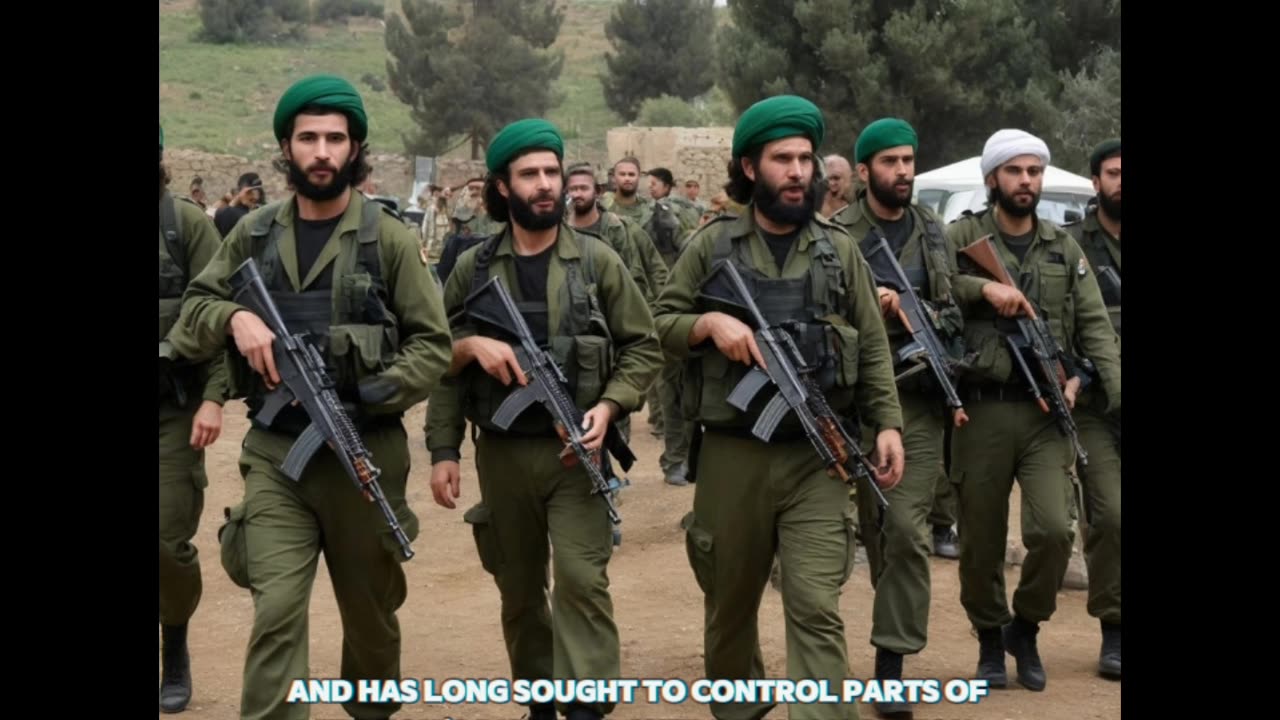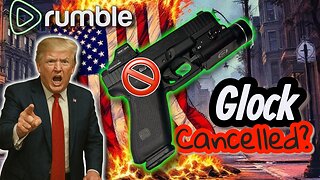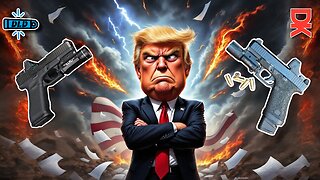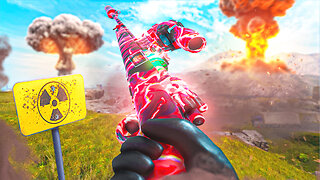Premium Only Content

Israel-lebanon the proxy war
The Israel-Lebanon proxy war refers to the conflict between Israel and Lebanon, which has been ongoing for decades and has involved various proxy forces and factions. The conflict began in the late 1940s, shortly after Israel’s establishment as a state, and has continued intermittently since then.
The main issues at the center of the conflict are territorial disputes, religious differences, and political rivalries. Israel claims sovereignty over the Golan Heights, which was annexed from Syria in 1981, and has long sought to control parts of Lebanon’s disputed Shebaa Farms region. Lebanon, on the other hand, has sought to assert its control over the disputed territory of the Shaba Farms and has accused Israel of violating its sovereignty.
The conflict has involved various proxy forces and factions, including Hezbollah, a Shia militant group backed by Iran, and Israel’s military. The conflict has resulted in numerous military clashes, including several wars between Israel and Lebanon, as well as numerous smaller skirmishes and incidents.
The conflict has had significant humanitarian consequences, including displacement of populations, destruction of infrastructure, and loss of life. It has also had broader regional implications, as it has fueled tensions between Israel and its neighbors, and has contributed to the broader geopolitical dynamics of the Middle East.
Efforts to resolve the conflict have been largely unsuccessful, as the underlying issues have proven difficult to resolve through diplomacy. The conflict continues to pose a significant challenge to regional stability and security, and its resolution remains an important goal for policymakers and diplomats in the region.
The Israel-Lebanon proxy war involving Hezbollah is a specific aspect of the broader conflict between Israel and Lebanon. Hezbollah, a Shia militant group based in Lebanon, has been a key player in the conflict, and its actions have significantly shaped the dynamics of the conflict.
Hezbollah was founded in the 1980s with the goal of resisting Israeli occupation in southern Lebanon. The group has been involved in numerous military clashes with Israel, including several wars between Israel and Lebanon. Hezbollah’s military capabilities have grown significantly over the years, and it is now considered one of the most powerful and well-equipped militant groups in the Middle East.
Hezbollah’s involvement in the conflict has had significant consequences for both Israel and Lebanon. The group’s rocket attacks against Israeli towns and cities have caused significant damage and loss of life, while Israel’s military operations in Lebanon have resulted in the displacement of hundreds of thousands of people and significant destruction of infrastructure.
Efforts to resolve the conflict involving Hezbollah have been largely unsuccessful, as the underlying issues have proven difficult to resolve through diplomacy. The conflict continues to pose a significant challenge to regional stability and security, and its resolution remains an important goal for policymakers and diplomats in the region.
In recent years, there have been several attempts to reduce tensions between Israel and Lebanon, including a 2006 cease-fire agreement that ended a devastating war between the two countries. However, these efforts have not been entirely successful in preventing further conflict, and the situation remains volatile and unpredictable.
-
 1:56:48
1:56:48
Tundra Tactical
3 hours ago $2.80 earnedFull Semi-Auto Comedy Hour
13.5K2 -
 2:07:31
2:07:31
The Connect: With Johnny Mitchell
12 hours ago $1.50 earnedSecrets Of The Cocaine Cowboys: Miami Drug Lord Reveals Truth About His BILLION-DOLLAR Coke Empire
13K1 -
 1:55:52
1:55:52
BlackDiamondGunsandGear
1 day agoGlocks Want Gun Control? // Trump Tramples on your Rights? // After Hours Armory
12.8K1 -
 1:55:52
1:55:52
DLDAfterDark
7 hours ago $0.76 earnedDLD Live! Trump - Flag Burning - Glock & Gun Control - Martial Law Light?? - After Hours Armory
8.56K -
 13:46:18
13:46:18
GritsGG
14 hours agoRumble Customs! 3515 Ws! 🫡!
78K -
 5:59:47
5:59:47
SpartakusLIVE
9 hours agoThe HUGEST Brain (not forehead) delivers Saturday SPARTOONS || Variety Later - Shadow of Mordor
181K4 -
 2:34:20
2:34:20
Barry Cunningham
10 hours agoPRESIDENT TRUMP WELCOMES FOOTBALL SEASON! AND MORE BREAKING NEWS!
72.6K48 -
 54:47
54:47
Side Scrollers Podcast
13 hours agoSide Scroller Presents KING OF THE KART | MASSIVE MARIO KART TOURNAMENT
41.7K -
 4:12:33
4:12:33
Mally_Mouse
13 hours ago🔥🍺Spicy HYDRATE Saturday!🍺🔥-- Let's Play: Baldur's Gate!
34.2K3 -
 2:26:32
2:26:32
BooniesHQ
9 hours agoGame Of SKATE Shaun Hover Vs. Jeff DeChesare: Boonies Skate Night 1
108K6